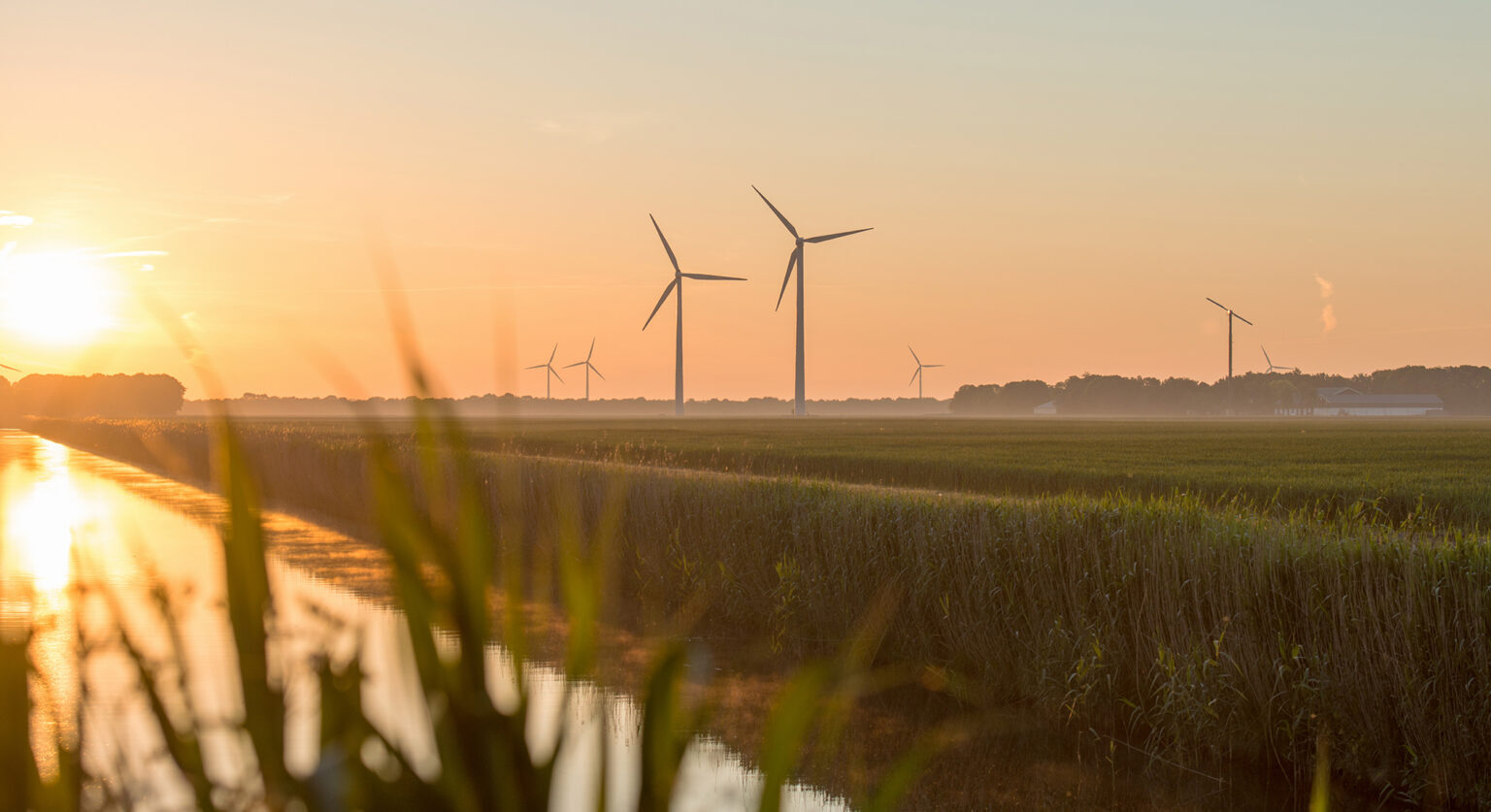Where next for sustainability in business?
The sustainability drive in Irish business has reached a crossroads driven by political and regulatory change. Russell Smyth considers the current state of play and likely future direction at a time of uncertainty

Although the European Commission’s recent move to reduce sustainability reporting requirements has been broadly welcomed, it has sparked some concern that its proposed simplifications may go too far, leaving businesses disengaged and at risk of taking no action at all.
Further, growing anti-ESG [environmental, social and governance] sentiment, driven by the recent shift to the right in global politics, is influencing business commitments to sustainability.
So, the question is: where now for sustainability?
The cost of climate change in business
Despite prevailing political sentiment and ongoing pressure on economic competitiveness and drivers for growth, recent research demonstrates the continued impact of climate change.
The Environmental Protection Agency’s most recent National Climate Change Risk Assessment predicted that Ireland in 2050 will experience warmer temperatures with more heatwaves, summer drought conditions, wetter winters with more extreme precipitation, fewer but stronger windstorms, rising sea levels, warmer oceans and greater ocean acidification.
On this basis, resilience should not rely on regulation—it is about making commercially sound decisions that ensure your business continues to operate profitably into the future.
Businesses cannot afford to regress on sustainability regardless of the regulations.
Transition planning is fundamental to resilience
While much corporate activity to date has centred on measuring environmental impact, particularly greenhouse gas (GHG) emissions, a key trend we are now seeing is a move beyond measurement and towards tangible action.
The European Financial Reporting Advisory Group’s recent review of 650-plus published Corporate Sustainability Reporting Directive reports found that the majority of preparers now have a transition plan in place.
Best practice transition planning involves incorporating climate adaptation and mitigation, integrating nature considerations and adopting a just transition. This is particularly evident in sectors such as agriculture, transport and energy.
A credible transition plan will improve operational excellence, reduce supply chain exposure, drive up business value and, ultimately, build resilience.
Regressing on sustainability means walking away from tangible value, and the social licence to operate that has become a fundamental part of doing business to win contracts and access cheaper forms of capital—making progress on sustainability is not optional.
The building blocks for progression
The key question for organisations now is: while we navigate the uncertainty surrounding regulations, where do we go from here?
The European Commission’s proposed Omnibus package of simplification measures for sustainability reporting and regulation brings welcome simplification to what had become an increasingly complex reporting burden.
The key task now is to leverage the time gained and embrace the focus this simplification brings. Here, focus means working on the double materiality assessment, policies, targets and metrics for material topics.
The opportunity exists to go back to basics with the fundamental strategic driver of sustainability: operational excellence.
Russell Smyth is Head of Sustainable Futures at KPMG